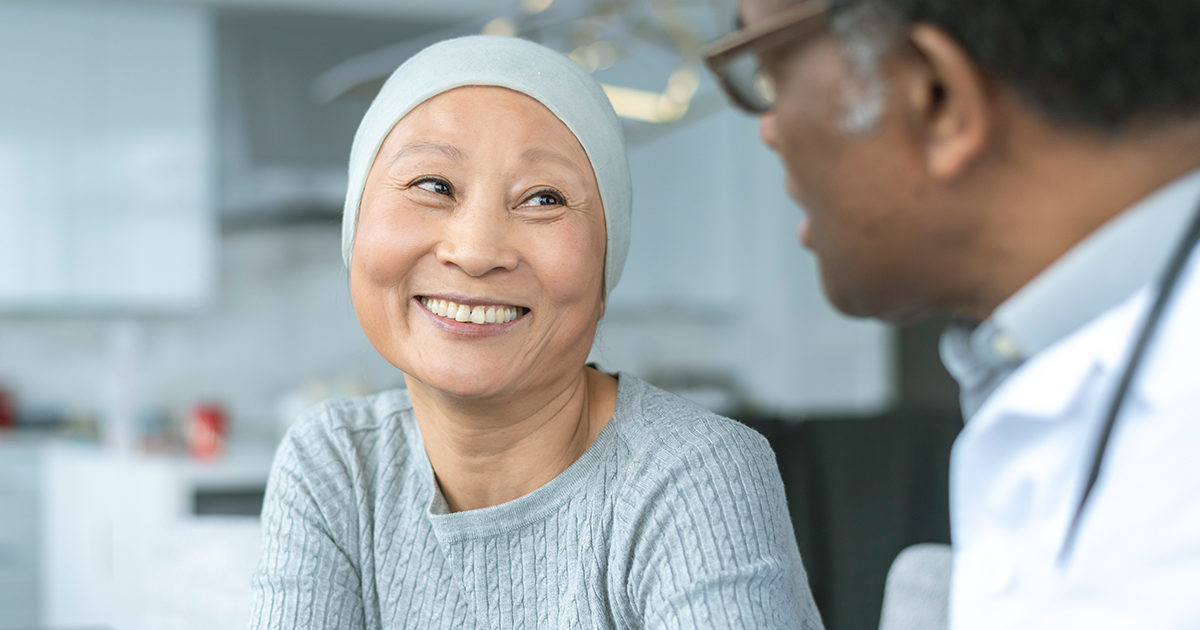About Desmoid Tumors
Desmoid tumors are abnormal growths that form in connective tissues, the soft tissue that supports structures such as your muscles, ligaments, and bones. Desmoid tumors can form anywhere in the body as the result of uncontrolled cell growth caused by excess levels of a protein known as beta-catenin. Certain mutations in the CTNNB1 or APC genes lead to these elevated beta-catenin levels.
Unlike cancers, desmoid tumors cannot metastasize, meaning they do not spread to other parts of the body via the blood stream or lymph system. However, desmoid tumors can grow at their site of origin and negatively affect surrounding structures. Surgery, radiation therapy, or medication may be recommended to eliminate a painful or rapidly growing desmoid tumor, while less aggressive tumors may only need to be monitored. Since these tumors have a high rate of regrowth after removal, overly aggressive surgery can lead to more problems. Care from a specialist can help determine the best course of treatment to minimize impact on your quality of life.
Symptoms of Desmoid Tumors
Symptoms of desmoid tumors can vary based on the site and location of the growth. In some cases, you may not experience any symptoms.
Symptoms of desmoid tumors may include:
- Constipation (associated with intra-abdominal desmoid tumors)
- Difficulty moving affected joints and limbs
- Pain
Risk Factors for Desmoid Tumors
While desmoid tumors are rare, some people may be at greater risk for the condition.
Risk factors for desmoid tumors may include:
- Age: While desmoid tumors affect people of all ages, they most commonly develop between the ages of 30 and 40.
- Family history: A hereditary genetic syndrome known as familial adenomatous polyposis is associated with desmoid tumors.
- Sex: Desmoid tumors are more common in female patients.
Treating Desmoid Tumors at UT Health Austin
Desmoid tumor treatment varies based on the degree to which the condition affects your quality of life. If your tumor does not impact surrounding organs, it may only need to be monitored to ensure it does not spread, and some desmoid tumors even recede on their own. More aggressive tumors are most often addressed through surgery or radiation therapy. In fall 2023, the Food and Drug Administration (FDA) approved a new medication to treat desmoid tumors. Your care team will account for the extent and progression of your tumor, the potential health implications of each treatment method, and any other concerns you may have to develop a personalized care plan to meet your unique needs.
Care Team Approach
At UT Health Austin, we take a multidisciplinary approach to your care. This means you will benefit from the expertise of multiple specialists across a variety of disciplines caring for you in one place to avoid having to schedule multiple appointments with providers at locations all over the city. The Surgical Oncology Clinic care team includes fellowship-trained cancer surgeons that are nationally recognized leaders at the forefront of their field as well as physical therapists, dietitians, social workers, and more who work together to help you get back to the things in your life that matter most to you.
Through our Multidisciplinary Case Conferences, we collaborate with our colleagues at the Dell Medical School and The University of Texas at Austin to utilize the latest research, diagnostic, and treatment techniques, allowing us to identify new therapies to improve cancer treatment. We also work closely with your referring provider to provide integrated, whole-person care. We focus on applying advanced surgical techniques, including robotic and laparoscopic surgery and other minimally invasive approaches, in combination with comprehensive attention to your complex needs, including nutrition, physical therapy, psychosocial wellbeing, and financial support. Advanced imaging and lab testing are also available on-site if needed.
Learn More About Your Care Team

Surgical Oncology
Health Transformation Building, 8th Floor
1601 Trinity Street, Bldg. A, Austin, Texas 78712
1-833-UT-CARES (1-833-882-2737)
Get Directions